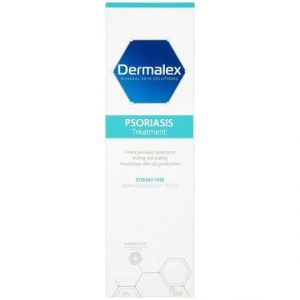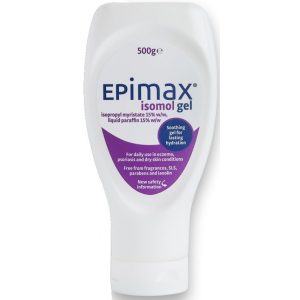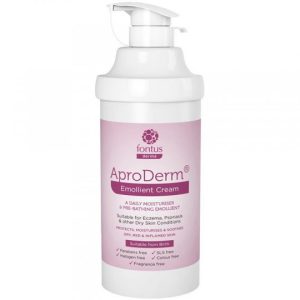Chemist.net Cookie Policy : We use cookies to enhance your user experience. To find out more please view our cookie policy
Understanding Psoriasis: Triggers and Strategies for Management

Psoriasis is a chronic skin condition that affects millions of people worldwide, characterised by the rapid build-up of skin cells that leads to the formation of thick, red, and often scaly patches on the skin's surface. This condition can be physically and emotionally challenging, but with the right knowledge and strategies, managing its symptoms and inflammation is possible. In this blog, we'll delve into what psoriasis is, identify common triggers that can worsen its symptoms and offer valuable tips for effectively managing the condition.
*Image by Freepik
Understanding Psoriasis
Psoriasis is an autoimmune disorder where the immune system mistakenly attacks healthy skin cells, causing them to reproduce more rapidly than usual. The excess skin cells accumulate on the surface, leading to the development of plaques. These plaques can appear anywhere on the body, including the scalp, elbows, knees, and lower back. Although the exact cause of psoriasis is not fully understood, genetics and environmental factors play a significant role in its development.
Triggers That May Worsen Psoriasis
Several triggers can exacerbate psoriasis symptoms or trigger flare-ups. Being aware of these triggers can help individuals manage their condition more effectively:
- Stress: High levels of stress can have a negative impact on the immune system, potentially triggering psoriasis flare-ups.
- Infections: Infections, particularly streptococcal infections, can lead to the onset or worsening of psoriasis symptoms.
- Weather Conditions: Cold, dry weather can cause the skin to become dry and irritated, making psoriasis symptoms more pronounced.
- Smoking and Alcohol: Both smoking and excessive alcohol consumption have been linked to an increased risk of psoriasis and more severe symptoms.
- Certain Medications: Some medications, such as beta-blockers and lithium, have been known to exacerbate psoriasis in certain individuals.
- Skin Trauma: Injuries, sunburns, and even scratches can trigger the Koebner phenomenon, where psoriasis develops at the site of skin injury.
Tips to Manage Symptoms and Inflammation
While psoriasis is a chronic condition, there are various strategies and lifestyle changes that can help manage its symptoms and reduce inflammation:
- Moisturise: Keeping the skin well-moisturised helps prevent dryness and reduce itching. Opt for fragrance-free and hypoallergenic moisturisers.
- Practice Good Hygiene: Use gentle, fragrance-free cleansers to avoid further irritation. Avoid hot showers, as they can dry out the skin.
- Sun Protection: Limited sun exposure can be beneficial for some people, but always use sunscreen to protect your skin from harmful UV rays.
- Stress Management: Engage in stress-reduction techniques like meditation, yoga, deep breathing, or mindfulness to help keep stress levels in check.
- Healthy Diet: A balanced diet rich in fruits, vegetables, lean proteins, and omega-3 fatty acids can support overall skin health.
- Avoid Triggers: Identify and avoid personal triggers that worsen your psoriasis symptoms, such as certain foods, medications, or environmental factors.
- Medication and Treatment: There is a variety of medications available without a prescription - shop now for psoriasis treatments. If none of these give the relief you are looking for, consult your doctor for appropriate treatment options.
- Support Groups: Connecting with others who have psoriasis can provide emotional support and valuable insights into managing the condition.
Conclusion: Living with psoriasis can be challenging, but with a combination of self-care practices, proper medical guidance, and a supportive lifestyle, managing its symptoms and inflammation is possible. By understanding the triggers that worsen psoriasis and adopting strategies to minimise their impact, you can take control of your condition and lead a more comfortable and confident life. Remember, each person's experience with psoriasis is unique, so finding a personalised approach to management is key.
Chemist.net Recommends


